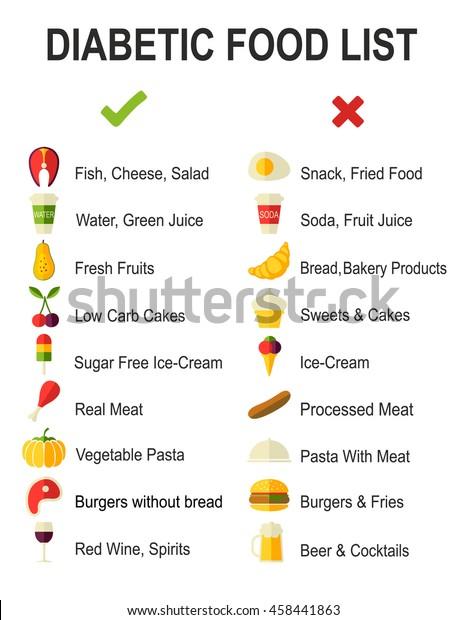As Diwali approaches, celebrations across India light up homes and hearts, bringing families together in festive harmony. However, amidst the joyous revelry, it is crucial to remain sensitive towards individuals managing diabetes-a condition affecting millions nationwide. In this special report, India Today highlights the common remarks and misconceptions to avoid when interacting with diabetics during the festival season, aiming to foster awareness and promote respectful, informed conversations.
Common Misconceptions About Diabetes That Hurt During Diwali Celebrations
During Diwali, a festival symbolizing joy and indulgence, several myths about diabetes persist that unfairly judge or alienate those managing this chronic condition. A common misconception is that people with diabetes cannot enjoy any sweets or festive treats. While moderation and careful planning are key, it’s inaccurate and hurtful to imply that diabetics must completely abstain from celebrating food. Another widespread fallacy is assuming diabetes is solely caused by poor lifestyle choices-this oversimplification ignores genetic predispositions and other crucial factors, leading to stigma and insensitive remarks during family gatherings.
Equally damaging is the notion that diabetes is a weakness or a consequence of personal failure, often overshadowing the complexity of this disease. Statements like “You just need more willpower” or “If you tried harder, you wouldn’t be diabetic” are not only untrue but also demoralizing. Instead of perpetuating these harmful stereotypes, there is a need for empathy and understanding about how individuals actively manage their health through medication, diet, and lifestyle.
- Myth: Diabetics can’t enjoy any desserts during Diwali.
- Myth: Diabetes is always caused by eating too much sugar.
- Myth: Diabetes means you don’t care about your health.
| Misconception | Reality |
|---|---|
| Diabetics must avoid sweets completely | Controlled portions and sugar-free alternatives can be enjoyed |
| Diabetes results from laziness or poor choices | It is a complex condition influenced by genetics and environment |
| Diabetes is contagious or a weakness | It is a medical condition requiring management, not blame |
How Cultural Expectations Intensify Challenges for Diabetics This Festival Season
During Diwali, traditional values often emphasize indulgence in sweets and rich foods, putting diabetics at the center of social challenges. Family members and friends may unintentionally pressure them to partake in tempting dishes, using comments like “Just one piece won’t hurt” or “It’s a festive treat, don’t miss out.” Such remarks ignore the delicate balance diabetics must maintain to manage blood sugar levels. The cultural importance of sharing sweets as a symbol of joy and prosperity complicates their efforts to adhere to medical advice, often leading to feelings of isolation or guilt.
Furthermore, the festival season brings a barrage of well-meaning but intrusive advice and comparisons. Phrases like “You don’t look diabetic” or “My cousin cured their sugar with home remedies” not only undermine medical guidance but also trivialize the condition. Understanding these nuances is crucial, as diabetics face more than just physical management-they navigate a web of expectations that can affect their mental health. Recognizing the emotional toll can foster more empathetic conversations and support during these festivities.
- Pressure to eat sweets despite medical warnings
- Dismissal of dietary restrictions as less important
- Comparisons to others who allegedly “cured” diabetes
- Unsolicited advice conflicting with professional treatment
| Common Festival Phrases | Impact on Diabetics |
|---|---|
| “It’s just one bite” | Creates temptation, risks blood sugar spikes |
| “Everyone is eating sweets” | Social pressure to conform |
| “Home remedies will fix it” | Undermines medical treatment |
| “You don’t look sick” | Diminishes severity of condition |
Expert Advice on Supporting Diabetic Loved Ones Without Offending During Diwali
During festive seasons like Diwali, being mindful of how you communicate with diabetic loved ones is crucial to maintaining harmony and support. Instead of making direct comments about their diet or suggesting they “just have a little,” focus on empathy by acknowledging their efforts and challenges without judgment. Avoid assumptions such as “Your condition isn’t that serious,” or unsolicited advice that may come across as patronizing. Instead, offer encouragement through phrases like “I admire how you manage your health.” This shows respect for their journey without sounding intrusive or dismissive.
Effective support goes beyond words-accommodating choices and creating an inclusive atmosphere is essential. Consider these tips:
- Respect dietary restrictions: Prepare or provide diabetic-friendly sweets and snacks.
- Avoid pressuring: Don’t insist on traditional treats; let them decide what they want to eat.
- Offer alternatives: Suggest physical activities or non-food-centered ways to celebrate together.
| What to Say | What Not to Say |
|---|---|
| “I’m here if you want to talk about your diet.” | “You shouldn’t eat that, it’s bad for you.” |
| “Let’s pick some festive sugar-free treats together.” | “Just skip your medication one day; it’s a festival.” |
| “Your health matters-let’s celebrate safely.” | “You don’t look like you’re really diabetic.” |
To Conclude
As Diwali approaches, it is crucial to foster understanding and sensitivity towards individuals managing diabetes. Avoiding thoughtless remarks and respecting their health challenges can make the celebrations more inclusive and supportive. By choosing our words carefully, we contribute to breaking stigma and promoting awareness around diabetes, ensuring that the festival of lights shines brightly for everyone.




